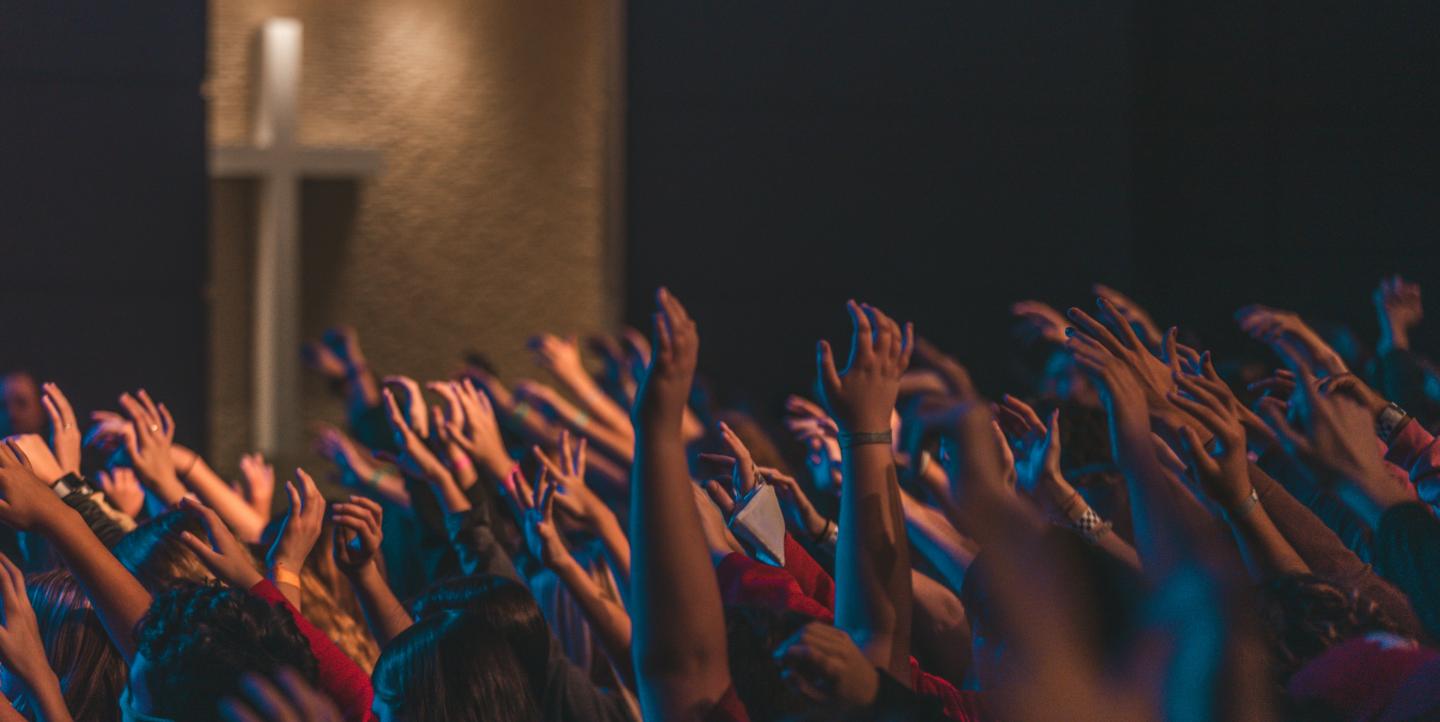Prime Progress, a nonprofit solutions-based media outlet, began a fellowship called Religion for Change in November 2023 in an effort to enhance religion reporting narratives in Nigeria.
The outlet trained early and mid-career freelancers and newsroom journalists on ethics and how to cover religious issues, adopt a solutions approach, fact-check, and conduct data journalism. Following the training, fellows received mini-grants to produce stories about how communities and individuals are solving social problems based on their faith and spiritual convictions, with support from the Center for Religion and Civic Culture (CRCC), a research hub at the University of Southern California.
The fellows’ resulting stories explore the many different ways in which Nigerian Christians and Muslims, inspired by their faith, are solving pressing societal issues, explained Kingsley Charles, managing editor at Prime Progress.
The inspiration behind Religion for Change
In 2019, journalist Innocent Eteng took part in a fellowship with the CRCC’s Engaged Spirituality project, which aims to understand the role of faith and spirituality in motivating people to solve social problems. “The project gave me and about 29 other journalists around the world the chance to meet and interview about 100 spiritual exemplars (the people motivated by faith and spirituality to solve social problems),” said Eteng.
His involvement in this program allowed him to meet and engage with ‘exemplars’ from Sierra Leone, Cameroon and Nigeria. From these interviews he was able to produce more than 10 solutions-oriented feature articles.
It was this experience, coupled with the religious tensions in the African largest democracy, that made him start the Religion for Change fellowship. “In the end, I understood just how important it was to continue telling such stories because they had a strong impact on the audience.”
Despite decades-long involvement of religious groups in solving some of the most pressing health, educational, economic and other social problems in hard-to-reach Nigerian communities, legacy media in the country hardly cover their impact. Instead, the media tend to report on the negative, showing instances of religious violence and extremism, said Eteng.
Why religion reporting?
Over the past year, Prime Progress has published a plethora of deep reports on religion reporting in Nigeria, Sudan and Kenya, in collaboration with various newsrooms. “Religion for Change is here to tell captivating stories that show the power of religious convictions in sparking social change and building a happier, healthier, peaceful, and better nourished society,” he said.
The Religion for Change fellowship was an eye-opener for Olayide Soaga, a journalist with The Guardian. She never imagined telling stories of people drawing on religion to create solutions in society. The fellowship also helped her to demystify common stereotypes about religious beliefs and grounded her more in solutions journalism. “Aside from enlightening me on how people are using religion as a driving force for change, the training changes the usual approach of reporting how people’s religion causes chaos and conflicts in Nigeria,” Soaga said.
Soaga’s reporting from the fellowship chronicles the remarkable journey of a polio survivor in northern Nigeria who, inspired by a biblical story, provides free mobility aids to individuals with disabilities across the region. The report clinched the first runner-up position for the Centre for Journalism, Innovation and Development (CJID)’s award for best solutions journalism in West Africa.
Like Soaga, Nathaniel Bivan, a former editor at HumAngle, said the fellowship emboldened him to interrogate what falls under the tenet of a particular religion. “To see the change in religion, the fellowship helps me to go all out. It teaches me how to [be] overly careful when reporting so that you won’t step on toes of the other religion; it helps me to be bold and more objective.”
The experience entailed navigating other areas of reporting, he said, noting that he would like to do more reporting on religion going forward. Bivan’s article explores how a Nigerian gospel singer uses his music to curb drug addiction in slums.
Lekan Otufodunrin, executive director of the Media Career Development Network, said that although some media outlets in Nigeria have dedicated pages on their websites for activities and issues related to religion, in general they need to conduct more rigorous reporting on the topic.
“Sometimes, the [Nigerian] media does not understand religious issues enough to interpret it well in their reportage. These religious matters are underplayed or even misreported — they cover the negative side of religion especially when such can generate traffic for them,” Otufodunrin said.
Commending the initiative, the media development expert added that a project dedicated to promoting religion reporting will help journalists to understand better and cover it accurately: “Journalists need to understand that religion is a sensitive issue that needs to be covered with care, so there won’t be misconceptions that can instigate a crisis.”
Challenges abound
In addition to funding as a challenge, Charles pointed to how there is limited coverage by mainstream media of religion, at least from a solutions-oriented perspective. “There is only a thin resource bank available for fellows to get more knowledge from,” he said.
Charles and his team also hope to expand Religion for Change to reach journalists from other parts of Africa, but communication is a barrier.
“The fellowship is mostly limited to journalists within West Africa. In the last edition, we had a journalist from Sudan, but communication wasn't so swift, and getting funds across to him was a lot of trouble owing to the complications from cross-border payments,” he said, adding that the fellowship not only will showcase the promise of reporting about religion but also spur media outlets to embrace the focus in the coming years.
Photo by Terren Hurst on Unsplash.


